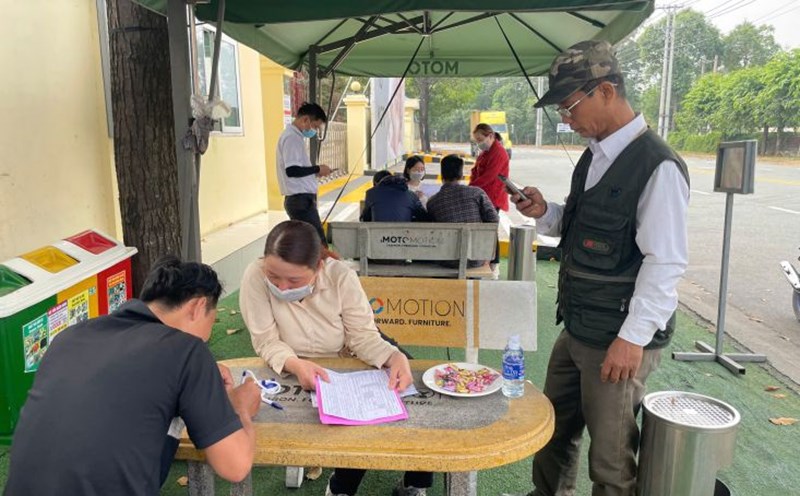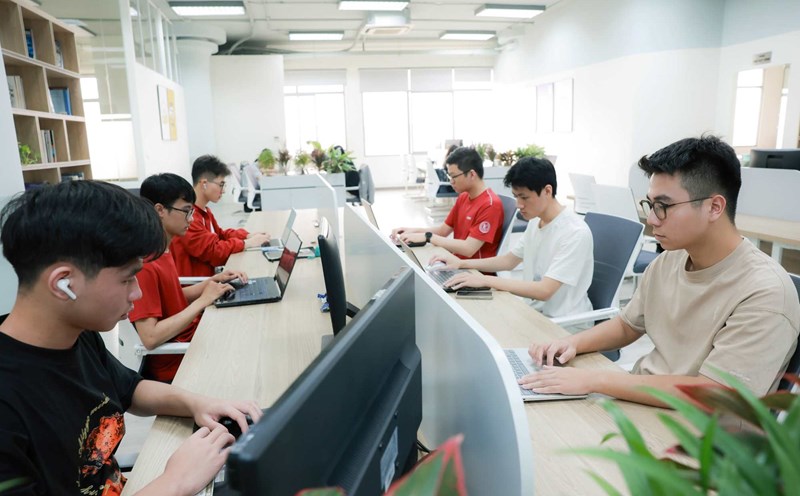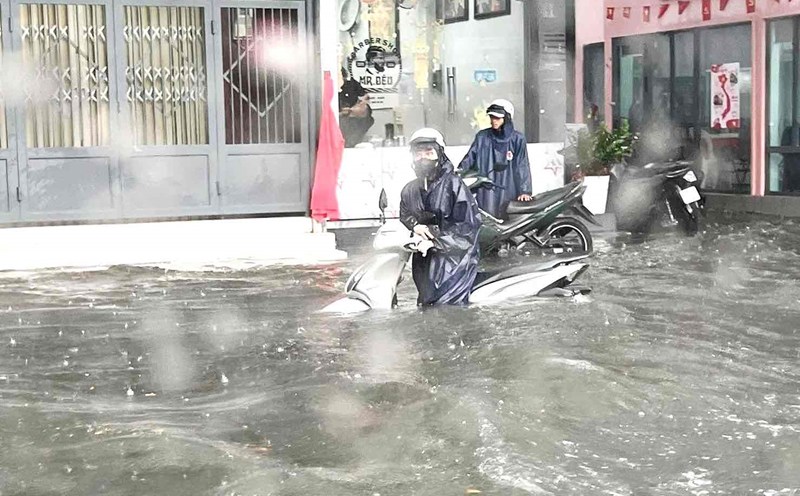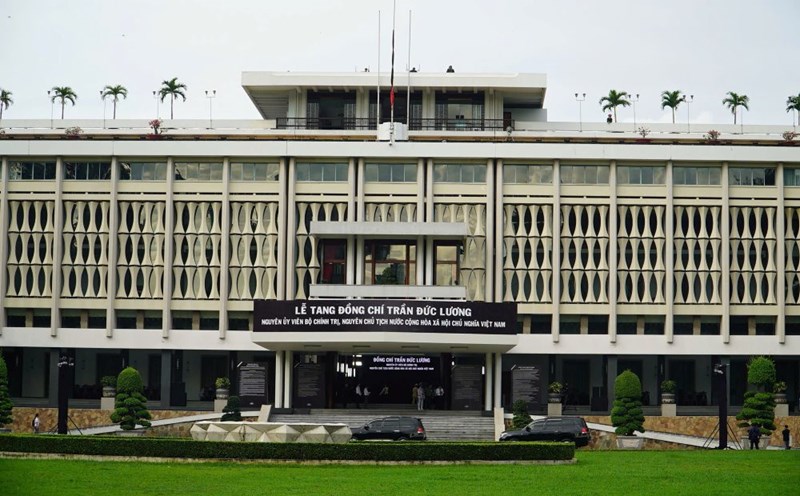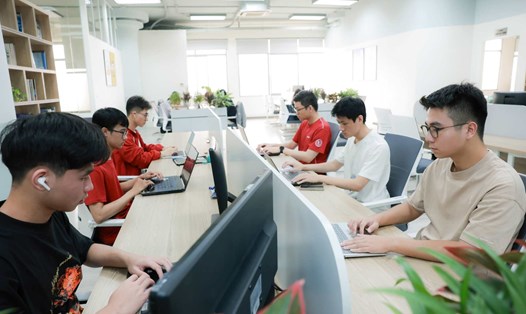Digital transformation is the foundation, an inevitable trend
At present, the agricultural sector is facing many challenges related to climate change, resource degradation, population pressure and increased demand for agricultural product quality. In that context, only the proactive application of science and technology, gradual digital transformation and improving research qualifications can help the industry overcome challenges and move towards modernization.
In recent times, the digitalization and application of information technology and digital technology to enhance the value of the digital economy in the agricultural sector has also achieved many positive results.
Especially for the rice industry, according to Dr. Tran Ngoc Thach, Director of the Mekong Delta Rice Institute, innovation and development of advanced technology applications in research have helped create and develop new rice varieties with many outstanding characteristics such as good adaptation to environmental conditions, resistance to pests and diseases, high productivity, good quality to overcome challenges and are an opportunity for the development of a sustainable rice production industry.
In livestock and veterinary production, some livestock facilities and livestock farms have applied a sensor system that controls the sub-climate of the barn, feeds and provides automatic drinking water.
Monitor livestock farming and animal origin using software. For seafood production, many localities have applied journey monitoring systems and software in seafood exploitation to manage fishing vessels and support fishermen during the exploitation process at sea.
Science and technology are also applied by farmers to trace the origin of agricultural products. Up to now, the traceability of agricultural products using QR stamps has been deployed for many agricultural products.
Human resource problem
Speaking with Lao Dong, Dr. Nguyen Thi Ngoc Dinh, Head of the Department of Experimental methods and Biostatus, Faculty of Agriculture, Vietnam Academy of Agriculture, said that the lack of high-quality human resources is a challenge in applying high technology to agricultural production.
Machinery is also developed and used by humans. With the current agricultural human resources mainly from farmers, the application of new technologies also requires engineers to guide. The Vietnam Academy of Agriculture also focuses on developing the high-tech agricultural sector to have high-quality human resources to serve the digital transformation process, Dr. Nguyen Thi Ngoc Dinh shared.
According to Mr. Le Phu Ha, Director of Digital Conversion Department (Ministry of Agriculture and Environment), the situation of specialized human resources, capable of digital transformation in the agricultural sector is still thin, lacking and professional limitations. Mr. Le Phu Ha also proposed the Ministry of Construction to promulgate policies to attract, encourage and use human resources with quality of information technology, data science, information security in organization, job position, specific remuneration for civil servants and officials in order to stick and be assured of work in state agencies.
Meanwhile, Dr. Tran Ngoc Thach hopes to have a plan and training human resources to meet the needs according to the development orientation such as new recruitment, training with degrees, additional training, and retraining (no degrees) at high-quality facilities at home and abroad. In addition, there should be specific mechanisms and policies to attract and retain good research staff.

